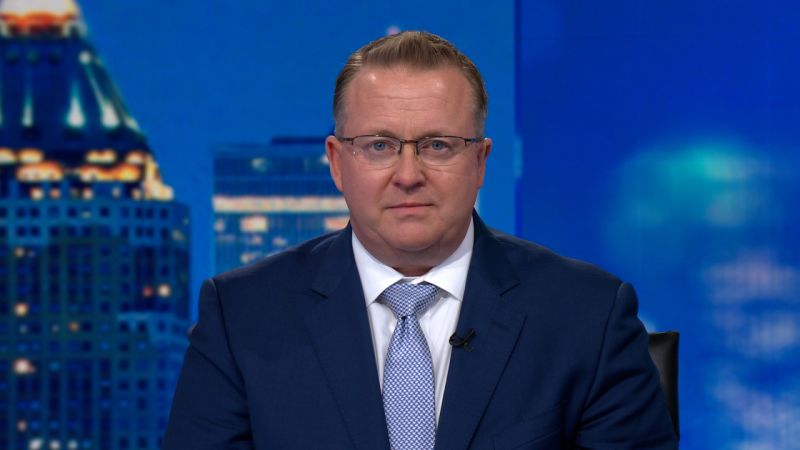Wackrow has criticized Trump’s requests, stating that they are excessive and unnecessary. He believes that Trump’s demands for military assets are disproportionate to the actual threats he faced, and that such measures could be misused for political gain. Wackrow also expressed concern that Trump’s actions could set a dangerous precedent for future presidents, as using military assets for personal protection could blur the lines between political campaigning and governing. Overall, Wackrow views Trump’s requests for increased security as an abuse of power and a potential threat to the democratic institutions of the United States.
Additionally, Wackrow raised concerns about Trump’s motivations for escalating security measures during his campaign stops. He questioned whether Trump was genuinely concerned for his safety or if he was using the heightened security as a way to project strength and authority to his supporters. Wackrow also highlighted the strain that such excessive security measures can place on law enforcement resources, diverting attention and resources away from other critical tasks. By prioritizing his own security over other pressing issues, Wackrow believes that Trump may have been prioritizing his own interests over the needs of the country.
Wackrow’s background as a former Secret Service agent lends credibility to his critique of Trump’s requests for military assets. As someone with firsthand experience in protecting high-profile individuals, Wackrow is able to offer valuable insight into the appropriate level of security measures needed for public figures. His expertise gives weight to his concerns about the potential misuse of military assets for personal gain and the implications of such actions for the broader political landscape. Wackrow’s perspective adds depth to the conversation surrounding the balance between security needs and political considerations for public figures.
Moreover, Wackrow’s criticisms of Trump’s security requests shed light on broader issues related to the use of government resources for personal protection. By examining Trump’s actions through the lens of ethics and governance, Wackrow raises important questions about the boundaries of executive power and the responsibilities of public officials to act in the best interests of the public. His analysis serves as a cautionary tale about the dangers of allowing personal interests to overshadow the greater good, and the potential consequences of such actions on the integrity of democratic institutions.
In conclusion, Wackrow’s perspective on Trump’s requests for military assets offers a nuanced take on the intersection of security, politics, and governance. By highlighting the potential risks associated with excessive security measures and the implications for future administrations, Wackrow draws attention to the delicate balance that public officials must strike when it comes to protecting themselves while upholding democratic principles. His critique serves as a reminder of the importance of accountability, transparency, and ethical decision-making in safeguarding the integrity of democratic institutions. As the debate over the appropriate use of government resources for personal protection continues, Wackrow’s insights provide a valuable contribution to the ongoing dialogue about the role of security in the political sphere.


